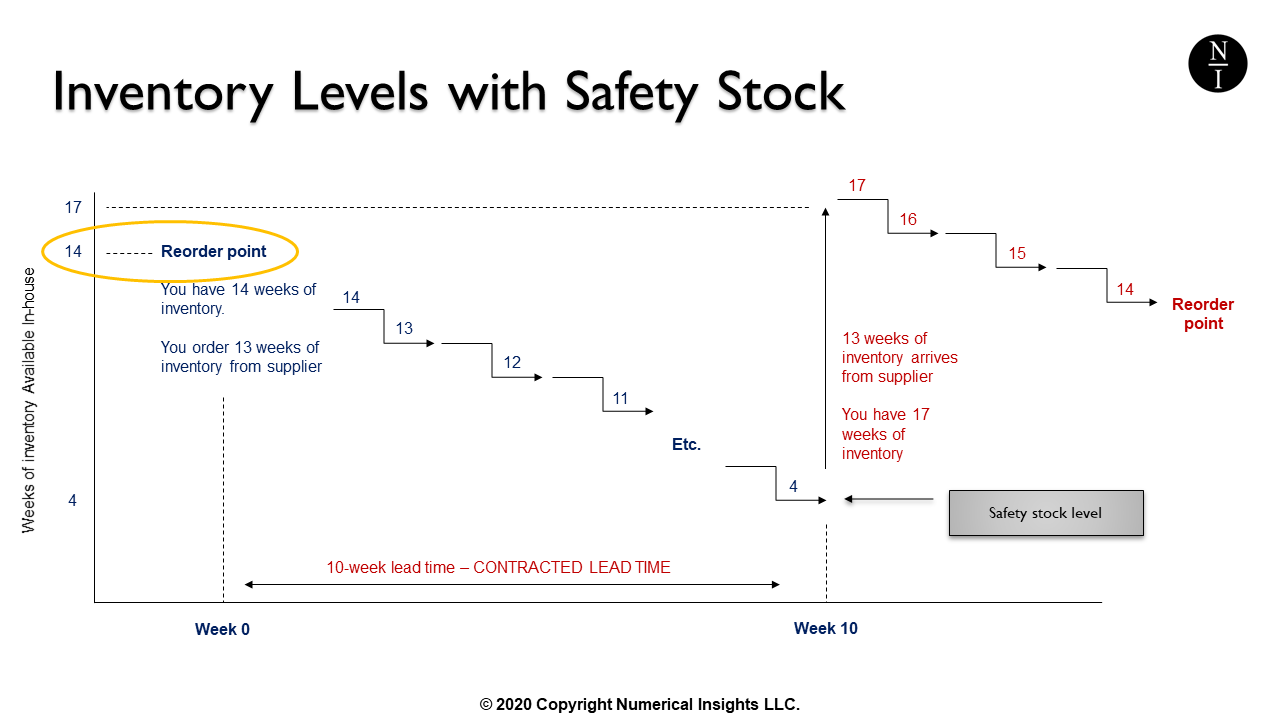The Importance of a Shared Understanding of Data, Consistent Definitions and Data Credibility in Successfully Establishing a Data-driven Culture
Every company that carries inventory wants to have enough to be able to fill customers’ orders but have a minimum amount of cash tied up on the shelf. Unfortunately, one half of that statement wants you to stock more items and the other half wants you to stock less items. You need… just the right amount.
How to Reduce Excess and Obsolete Inventory
You purchased high levels of inventory to cover long lead times of overseas shipments and to leverage quantity discounts… and then it happened.
How to Measure Supplier Performance
Taking the time to assess supplier performance is crucial since suppliers can make or break your business. Supplier reliability and flexibility have become performance factors that are just as important as price in order to protect your business reputation and top line. Setting up a method to monitor key supplier performance factors and studying demand patterns can help provide insight into supplier issues and set up a good path for reducing risk of the supply base on your company.
Visibility and Transparency is Still a Challenge in Procurement
With all of our technology, big data storage choices, apps, data visualization tools and statistical packages, visibility and transparency remain a challenge for procurement teams. To make clear the difference between the two, when I speak of visibility, I am referencing the ability for procurement professionals to access and analyze their own internal procurement data. When I speak of transparency, I am referencing the exposure of procurement information to the public.
How to Reduce Stock-out Frustration
To solve your inventory challenges, you went ahead and purchased an inventory management system. The software vendor demonstrated great capabilities to you and you thought your problems were behind you.
You took the time to add all of your part numbers to the system, your list of suppliers and their contracted lead times. The inventory system went live, your employees were all trained in how to use it, but in the end, you’re still experiencing unexpected stock-outs, displeased customers and frustrated customer service reps. Clearly, your new inventory software doesn’t work, right?









